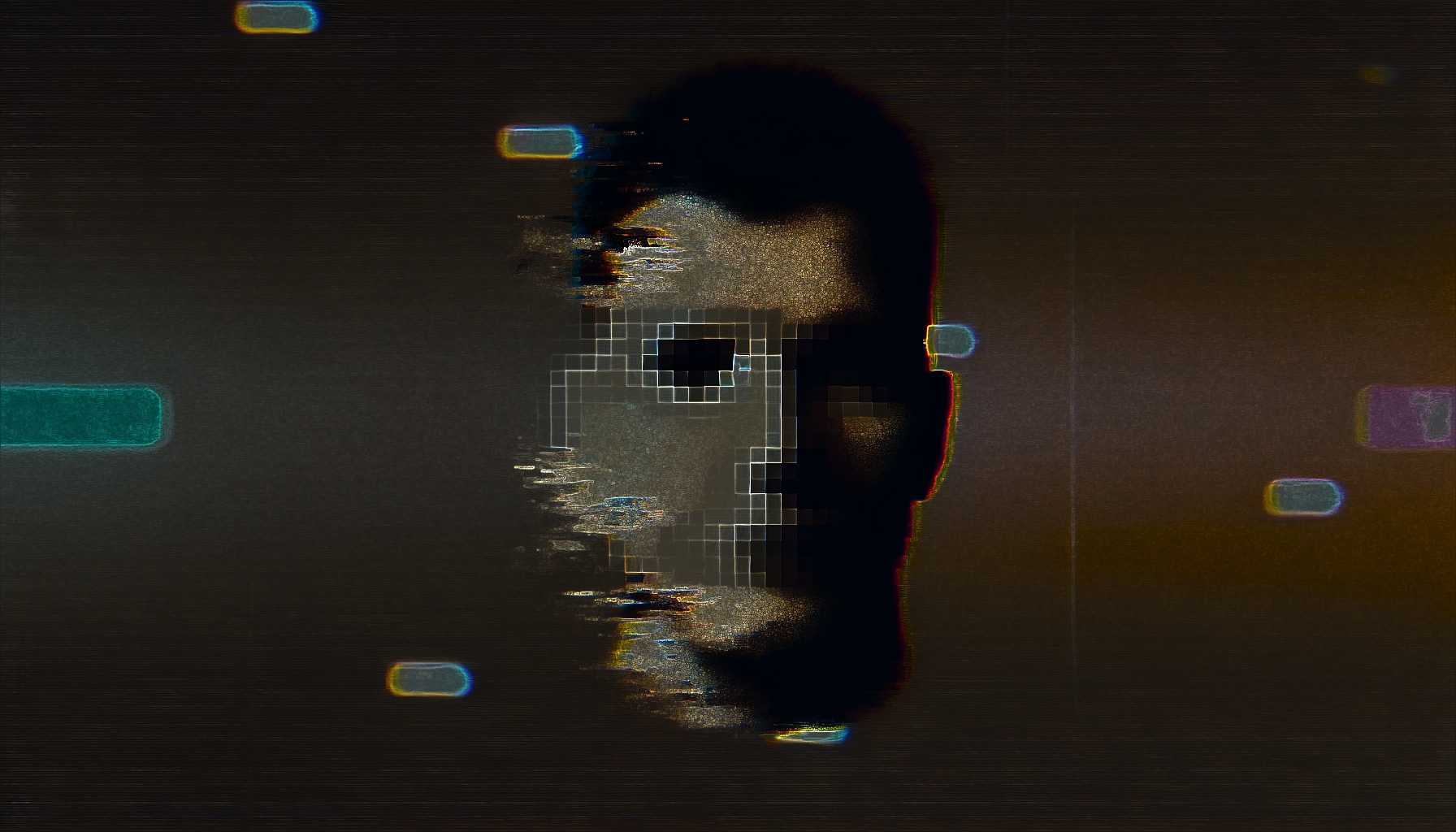Are you bombarded daily by information from countless sources? Misinformation has been part of human culture since time immemorial. With the rise of artificial intelligence and sophisticated misinformation-spreading techniques, it can become increasingly difficult to separate fact from fiction. Content overload—especially in closed information bubbles and under the influence of platform algorithms that deliberately shape what we see and read—can severely distort our perception of reality. Additionally, people may suffer from their own cognitive biases, which affect judgment. How can we stay informed and maintain perspective? The answer lies in asking questions.
10 Key Questions for Those Seeking to Navigate the Misinformation Jungle and Obtain Reliable Information
1. Where does the information come from?
Before accepting any information as truth, ask: Who is the source of this information? Check if the source is credible, reputable, and experienced in the area. Approach anonymous sources or those without authors with skepticism, as information without a known origin is much more susceptible to manipulation.
2. Who benefits from this information?
Everyone (!) has their own interests, and this applies to governments, institutions, organizations, politicians, media, and information platforms. Ask: Who might benefit from spreading this information? Follow the clues that might indicate the information is being used to achieve a particular political, economic, or other goal.
3. Is this information verifiable?
Follow the principle: Trust, but verify! How easily can this information be confirmed by other independent sources? Reliable information should be corroborated by multiple credible independent sources. If the information seems suspicious and lacks verifiable sources, remain cautious.
4. Is the information taken out of context?
Misinformation often uses actual data but manipulates the context. Think about what context the information might be missing. When, where, and how was this information initially presented? Immediate context can be essential to understanding broader implications.
5. Was AI involved in creating this information?
In the AI era, content can be generated or influenced by artificial intelligence. Ask: Was this information AI-generated, or did it come from a human? AI can create realistically convincing but entirely false news, images, or videos. Understanding what technologies might have been used can help in assessing information reliability.
6. What emotions does this information evoke in me?
Misinformation often appeals to our emotions, pushing us to act impulsively. What emotions does this information stir? If you feel indignant, angry, or frightened, pause and consider whether you are being manipulated.
7. Is the source diverse and unbiased?
How many different sources do I read? Many people find themselves in an “information bubble,” where they are only exposed to views that reinforce their own beliefs. Reading a broad spectrum of opinions—even those from the opposite end—can give a more accurate picture of reality.
8. Is my intuition reliable?
Naturally, we tend to trust information that aligns with our biases or intuition. Is my intuition reliable in this case? Cognitive biases can mislead us. Even if something seems “clear” or “natural,” you can always pause, take time, and verify.
9. What are the consequences if the information is false?
Before passing information on, ask: Who benefits if I share this post? What happens if I don’t share it? What am I trying to communicate by sharing? Will it improve the world? What would be the impact if this information turned out to be false? Consider the potential harm that misinformation can cause and reflect on your responsibility as a consumer and disseminator of information.
10. How can i combat misinformation?
The final question everyone should ask is: How can I help to prevent misinformation from spreading? Take note of where, how, and why you acquire information, and learn to use available fact-checking tools. Be skeptical of unverified information, and don’t impulsively share content you haven’t fully verified. This way, you can contribute to better public awareness and reduce misinformation’s impact.
Conclusion
Accessing information can take many forms, and asking questions is just one way to navigate the information landscape. Personally, I approach content differently—I don’t actively seek out news or visit news sites. I used to customize my feeds, but nowadays, I only go on social media to share what I consider truly meaningful, content that I believe could have a positive impact. Essential information finds its way to me through people who share it with me privately. For me, this approach also serves as a form of mental hygiene: by avoiding the often overwhelming and stressful flood of information, I maintain space for my own development, learning, and focus on what genuinely interests me.
When I do search, I use tools that display content based on keywords rather than paid placements. This method not only ensures that I access enough relevant information but also helps me preserve my mental well-being. I’m not overwhelmed by noise or external pressures. In a world oversaturated with information, critical thinking and fact-checking skills are essential. Asking these 10 questions can help you keep a clear perspective. With each new piece of information or news, you might recall these questions, equipping yourself with the ability to spot manipulation.

